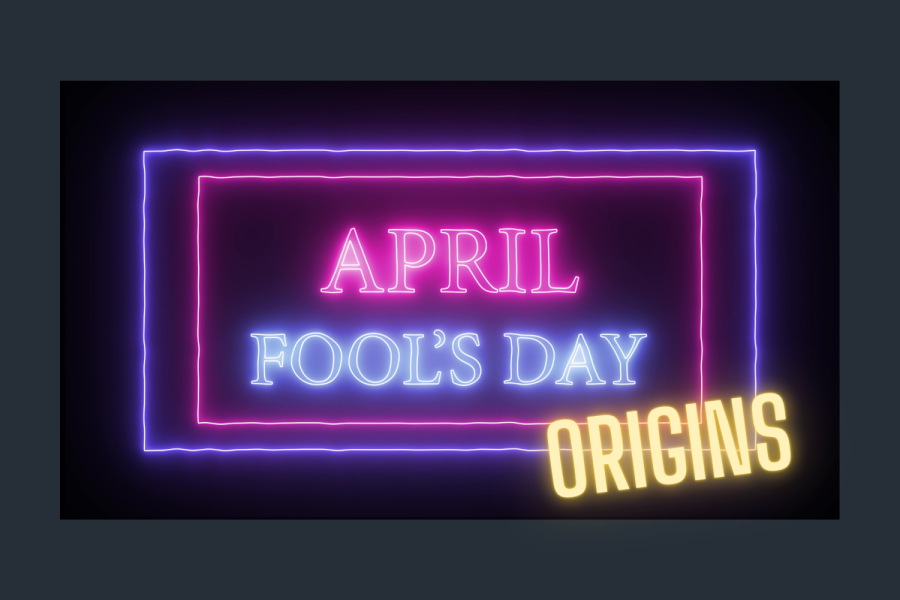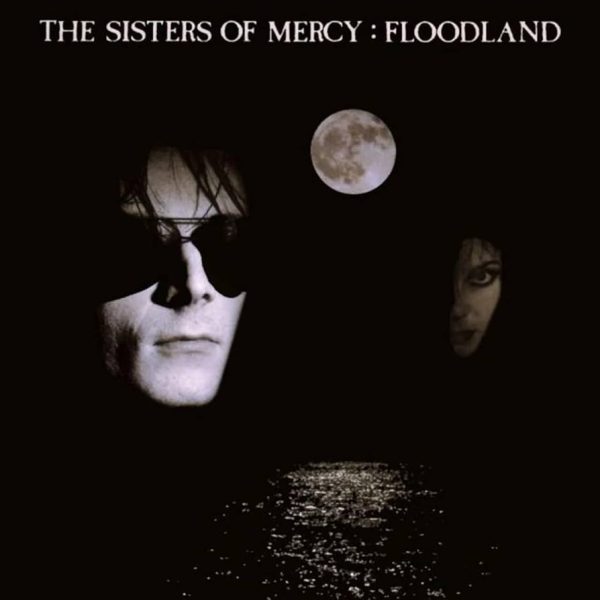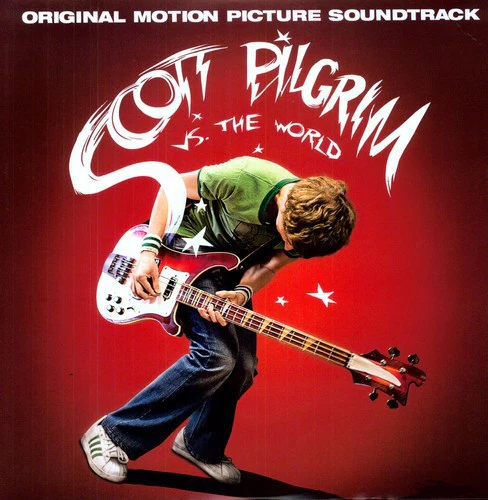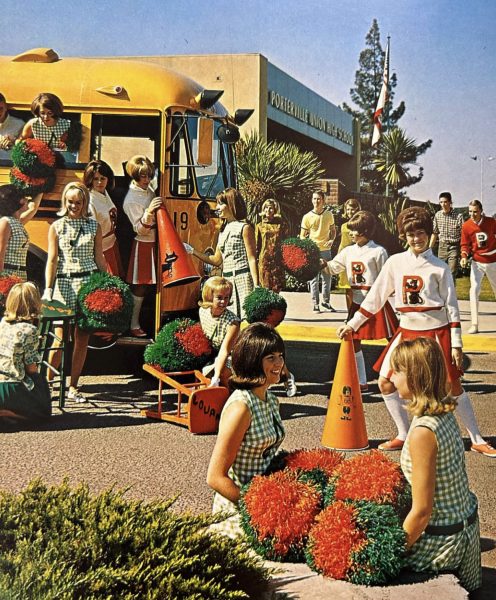April Fools’ Day Origin
Also known as All Fools’ Day, April Fools’ Day does not have a known origin. However, it has been tied to Holi, a Hindu festival where people throw colored water and powders over each other, and Hilaria, an ancient Rome festival celebrating Cybele and Attis. Both of these festivals are said to share April Fools’ Day traditions. April Fools’ Day is celebrated in most parts of the world, and each tradition varies.
Another speculated origin was in 1582, France switched from the Julian calendar to the Gregorian calendar. During this time, people took a while to get news of this change, thus celebrating the new year from the last week of March to April. In France, “poisson d’avril” is the name for the person who gets fooled by a prank, which means “April Fish.” This term is used because young fish are very easy to get caught.
In Scotland, April Fools’ Day is called Gowkie Day to highlight gowks or cuckoos, symbolizing fools. Scotland also celebrated April Fools over two days. The first day was “hunting the gowk,” which was to send people on fake tasks. On the second day, called Tailie Day, people pinned fake tails or signs on others.











